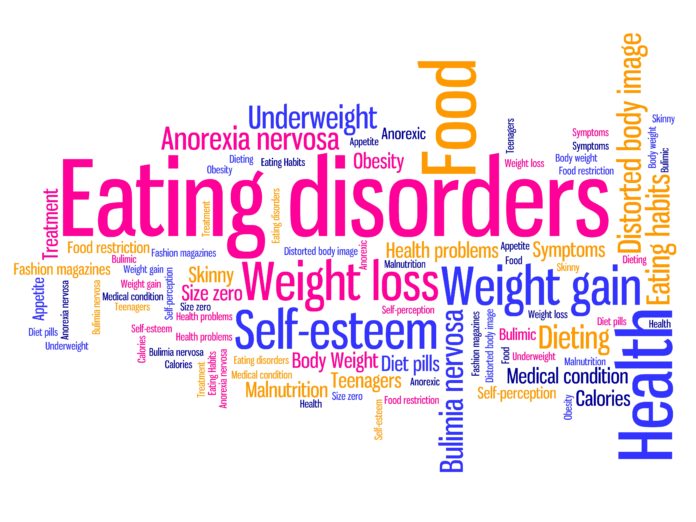While Holidays are filled with moments of joy and connection, they can also be stressful because of grief, loneliness, or complicated relationships. In addition, the change in routine and multiple parties and family gatherings is also overwhelming. For someone struggling with Anorexia, the stress is compounded by the amount and type of food served. Decadent, calorically dense foods may fill the table, with limited simple options. With an abundance of food at the table, those struggling with Anorexia typically experience anticipatory anxiety about when, how much, and what to eat, and this adds an extra layer of worry that can take away from the joyous moments. Below are some strategies that can help make the Holidays a little bit easier to navigate:
- Follow your typical meal schedule rather than skipping meals in anticipation of “feasting” later. Saving calories for later is an eating disorder trap which typically results in arriving at the gathering, freezing at the site of food, and then choosing smaller portions than needed. Instead, if you know dinner will be at afternoon snack time, eat normal morning meals and lunch and then have the early Holiday dinner and let your dessert be your snack later. Also know what food will be served and plan to bring a dish that you feel safe eating as one of the options. Before the Holiday, plan out with your nutritionist what your plate should look like in terms of food and portions.
- If anxiety overtakes you upon seeing food, and you cannot plate your own meal, ask a designated support person to plate your meal. Let them know ahead of time what your plate should include.
- If you feel too anxious to eat, go outside or into a private room and use strategies to calm your body. For example, take some deep breaths or put on the Calm APP and do a quick meditation. Walk outside to calm your body or put icy water on your face to invoke the parasympathetic (calming) nervous system. Once your body is calm, recite a prepared mantra such as “I can do this” and then go back inside to eat your meal.
- If the conversation is focused on losing weight or dieting after the holiday and your Anorexia is telling you to diet, excuse yourself from the conversation and sit with others who are talking about topics unrelated to food and weight If you would rather stay, change the topic by asking an interesting question about a person you are talking with.
- Sometimes even coping strategies are not enough to calm overwhelming anxiety, and you may need an exit plan. For example, take a separate car so you can leave early. If you do not drive, talk to your driver ahead of time about leaving early if you cannot eat your meal.
- If you choose to enjoy your family and friends even when you know your food intake has been inadequate, be compassionate with yourself. Remember, eating disorder recovery is not a straight path forward. Instead, recovery is filled with a lot of ups and downs along the way. Remind yourself of this and forgive yourself. Remember, you have done the best you can at this moment. The most important thing is to be honest with your therapist and dietician about what you ate and how you felt. This honesty facilitates learning from your experience and helps you get back on the road of recovery. The worst hindrance to recovery is relentlessly beating yourself up for your mistakes.
- Lastly, focus on what the Holidays are all about, connecting with loved ones and with your church or work community. Remember that food is only one part of the bigger picture.


